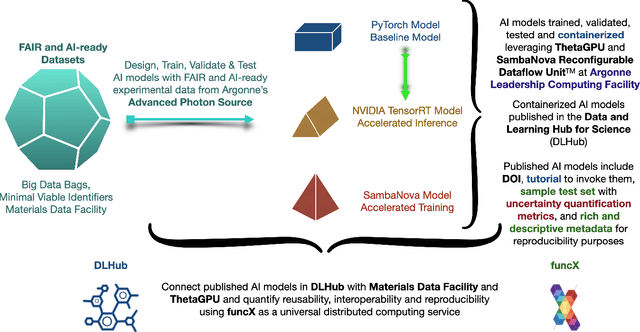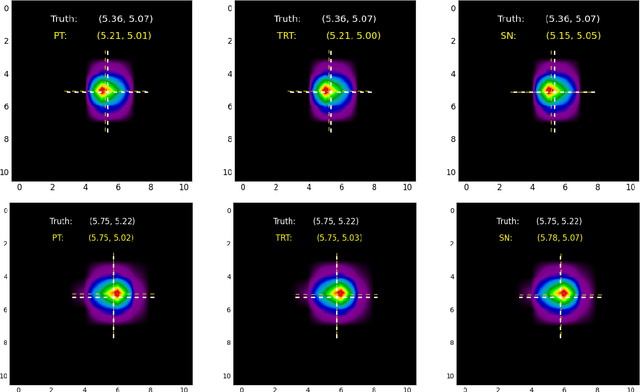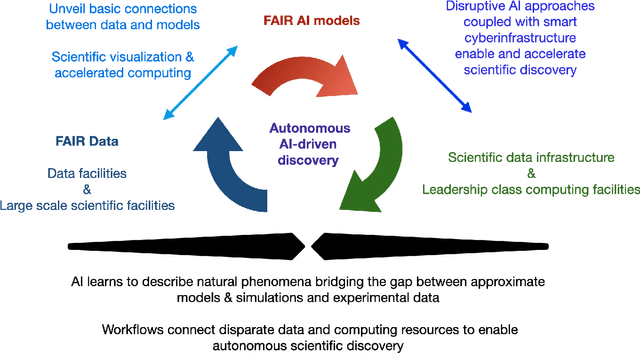Nikil Ravi
REAL: Benchmarking Autonomous Agents on Deterministic Simulations of Real Websites
Apr 15, 2025



Abstract:We introduce REAL, a benchmark and framework for multi-turn agent evaluations on deterministic simulations of real-world websites. REAL comprises high-fidelity, deterministic replicas of 11 widely-used websites across domains such as e-commerce, travel, communication, and professional networking. We also release a benchmark consisting of 112 practical tasks that mirror everyday complex user interactions requiring both accurate information retrieval and state-changing actions. All interactions occur within this fully controlled setting, eliminating safety risks and enabling robust, reproducible evaluation of agent capability and reliability. Our novel evaluation framework combines programmatic checks of website state for action-based tasks with rubric-guided LLM-based judgments for information retrieval. The framework supports both open-source and proprietary agent systems through a flexible evaluation harness that accommodates black-box commands within browser environments, allowing research labs to test agentic systems without modification. Our empirical results show that frontier language models achieve at most a 41% success rate on REAL, highlighting critical gaps in autonomous web navigation and task completion capabilities. Our framework supports easy integration of new tasks, reproducible evaluation, and scalable data generation for training web agents. The websites, framework, and leaderboard are available at https://realevals.xyz and https://github.com/agi-inc/REAL.
FAIR principles for AI models, with a practical application for accelerated high energy diffraction microscopy
Jul 14, 2022


Abstract:A concise and measurable set of FAIR (Findable, Accessible, Interoperable and Reusable) principles for scientific data is transforming the state-of-practice for data management and stewardship, supporting and enabling discovery and innovation. Learning from this initiative, and acknowledging the impact of artificial intelligence (AI) in the practice of science and engineering, we introduce a set of practical, concise, and measurable FAIR principles for AI models. We showcase how to create and share FAIR data and AI models within a unified computational framework combining the following elements: the Advanced Photon Source at Argonne National Laboratory, the Materials Data Facility, the Data and Learning Hub for Science, and funcX, and the Argonne Leadership Computing Facility (ALCF), in particular the ThetaGPU supercomputer and the SambaNova DataScale system at the ALCF AI Testbed. We describe how this domain-agnostic computational framework may be harnessed to enable autonomous AI-driven discovery.
 Add to Chrome
Add to Chrome Add to Firefox
Add to Firefox Add to Edge
Add to Edge